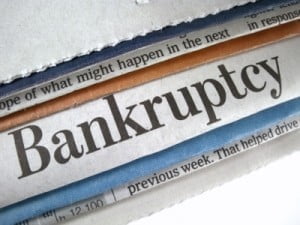Bankruptcy is one of the most powerful tools consumers can utilize to regain
financial control. When considering this option you should get a clear
idea as to how it can help improve your situation. It may help you eliminate
qualifying debt obligations while helping you reestablish others. Plus,
depending on your situation one chapter may be preferred over the other.
Chapter 7 bankruptcy can help eliminate various types of debts including medical bills, credit
card debt, and other common types of unsecured debt. Back income taxes
may qualify for discharge if they meet necessary requirements.
Chapter 13 bankruptcy is a repayment plan approved by the court. You make monthly payments on
debt obligations based on your ability to make payments. This option can
help you save your home from foreclosure or prevent repossession of your
vehicle. You may also be able to reduce the principal balance on certain
secured loans
Filing bankruptcy may prevent or reestablish utility disconnection, stop
collection attempts from creditors, cease legal action related to a judgment,
remove certain liens and stop wage garnishment. Bankruptcy may not eliminate
your obligation to pay certain debts such as child support, alimony, taxes,
student loans, or other types of debt that fall in this category.
The filing process includes debtors completing a credit counseling course
and financial management course aimed to educate and inform debtors on
how to make better financial choices. In the end,
bankruptcy may help you achieve the relief you need today to make important decisions
in the future. If you are considering bankruptcy review your options with
an experienced bankruptcy attorney.
Reference:
https://www.nolo.com/legal-encyclopedia/chapter-7-13-bankruptcy-limits-benefits-30025.html
